HOPE (she/her) is 24 years old and identifies as a person IN RECOVERY OR REMISSION FROM BPD
What was your experience of receiving a diagnosis of BPD?
Although I'd never heard of BPD prior to diagnosis, receiving a diagnosis was extremely helpful. It validated my struggles and allowed me to acknowledge and address survival behaviours. It encouraged me to expand my knowledge of BPD, to learn about myself, better understand my motivations and be more open to seeking support.
What would you like people newly experienced with BPD to know?
That they're not alone. Reading about other people's experiences of BPD helped me realise: I'm not the only one living with BPD. Lived experience stories gave me so much hope for recovery.
What did clinicians and mental health professionals do well to support you?
I was already aware of the experiences of many living with BPD who received ongoing shame and stigma from treating professionals. I'm thankful to have experienced non-judgemental support during treatment. I believe this positive, judgment-free support from mental health staff and clinicians led to a stronger outcome of recovery.
What could clinicians and mental health professionals have done better to help you?
Listen to understand, not to simply respond.
What kind of psychological treatments worked well for you?
Attending DBT, regularly practising my skills and accessing telehealth sessions with a counsellor. I'm dedicated to building my skills and knowledge and seek supportive resources and workbooks to study alongside DBT.
Behavioral Tech on Psychwire - DBT Changes Lives | Psychwire
What other things have supported you to live well?
Being in nature and reducing isolation. Addressing isolation has increased my positive feelings and strengthened connectedness. Researching about BPD has helped me learn a lot about myself. To strengthen my personal support outside of therapy and mental health professionals, I'm creating an advocacy blog to build a supportive and understanding community driven to raise awareness for BPD.
Do you have any tips or tricks for managing distress or strong emotions you would like to share?
The DBT skill Wise Mind helps me to achieve a middle-ground. Learning DBT skills to engage in effective behaviours. Writing out triggers and possible reactions helps me choose alternative actions in the moment, using DBT Cope Ahead and Improve the Moment skills (Linehan,1987).
Behavioral Tech on Psychwire - DBT Changes Lives
What advice would you give to friends/family supporting someone with a diagnosis of BPD?
Symptoms are very real for those living with BPD. Be gentle, open-minded, and compassionate. This is important to remember, if or when, you feel overwhelmed supporting us, especially if we're distressed. Our behaviour is often trying to keep us safe.
What are a few things you thought you might not have been able to do but you did anyway?!
Being able to recognise when my thoughts, emotions and feelings come to the surface and engaging Wise Mind to create healthier outcomes for myself (Linehan, 1987).
